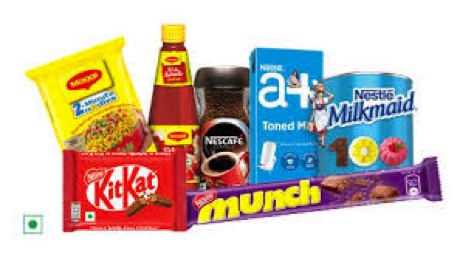Prime Minister Narendra Modi on Saturday said the majority of urea produced in the country 7 to 8 years back would be destroyed because of black marketing before they could even reach farms. The PM, who digitally inaugurated the Nano Urea (Liquid) plant at IFFCO in Kallol at the ‘Sahakar Se Samriddhi’ event in Gandhinagar on Saturday, said the country has evolved from the times urea plants shut down owing to lack of technologies and is now “the second biggest consumer and third biggest producer of fertilisers” in the world.
The prime minister added that fertiliser plants in Uttar Pradesh and Telangana have already gone into production and the remaining three in his native Gujarat will also start producing urea soon.
An ANI tweet quoted Modi as saying that since coming to power in 2014, his government has done “100 per cent neem coating of urea” to ensure that the farmers never fall short of it. He added that his government started work on ramping up fertilizer production by reopening closed plants in UP, Bihar, Jharkhand, Odisha and Telangana.
“Power in a sack of urea has now been compressed into a bottle. Imagine how much will the transportation costs be reduced and benefit small farmers. This (IFFCO) plant has the capacity of producing 1.5 lakh bottles, but in coming times, eight more such plants will be established in India,” the ANI quoted PM Modi as saying.
Turning to the dairy sector at the Gandhinagar event, the PM said India, today, is the largest milk producer in the world, with Gujarat having a major stake in this achievement. The ANI further quoted the PM as claiming that dairy farming in the state has grown by leaps and bounds over the last couple of years, contributing significantly to the rural economy.
“Today, India produces milk worth around Rs 8 lakh crores in a day. Even if we combine the wheat and rice market, it is lesser than milk production. If we have seen more prosperity in Gujarat’s villages, it is majorly because of the dairy sector-linked cooperatives,” Modi said at the event.
He said the country is making rapid strides towards a “cooperative village model”, with six villages in his home state being already earmarked as ones where “cooperative arrangements” would soon be made available.
Union Home Minister Amit Shah, who also graced the event, said the new plant will help “save our land, water, there will be no air pollution, our farmers will remain healthy& no need for transportation”.
“There was a long-standing demand of the people associated with the cooperative sector that a separate ministry for cooperatives be created in the central government. PM Modi started the Ministry of Cooperatives,” the ANI quoted Shah as saying at the Gandhinagar event.
He added that the central government, in this year’s Union budget, had committed to making 65,000 primary agricultural credit societies (PACS) “fully computerised” in association with NABARD (National Bank for Agricultural and Rural Development).



























